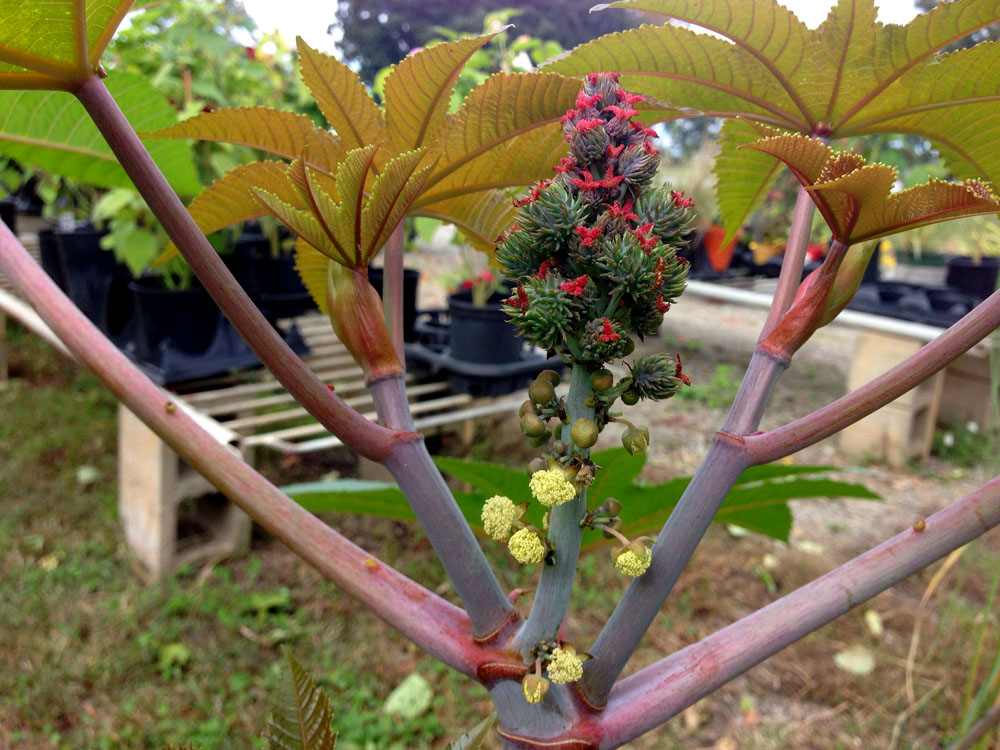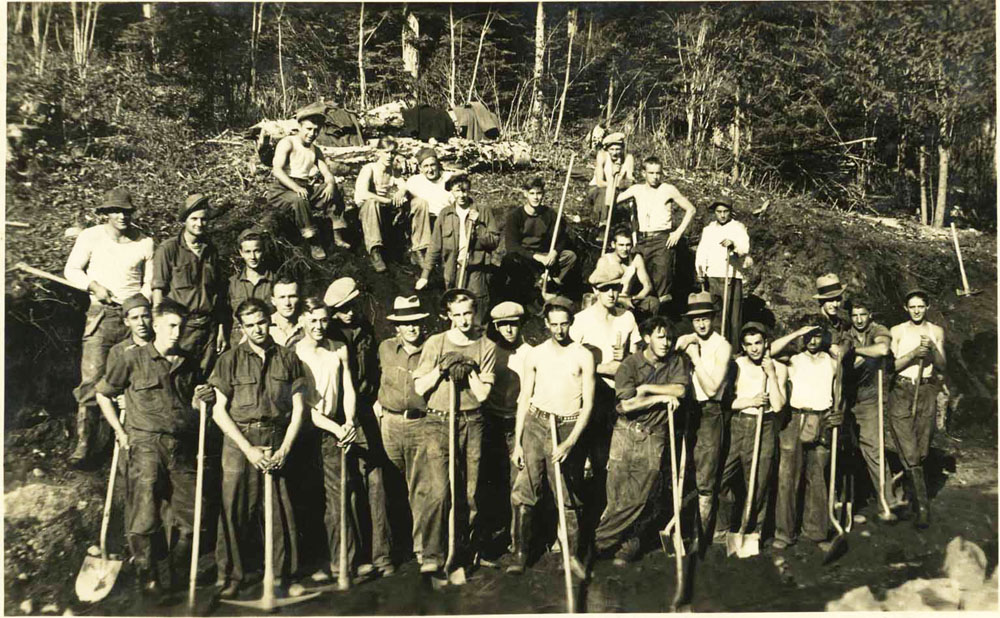
Before I vent, let’s try to do some calculus on how life in America is going to change. We’ve known for years what right-wing radicals and the Republican Party want to do, so much of this exercise is obvious and easy.
The social safety net:
• They’ve promised to overturn the Affordable Care Act. Twenty million people will lose their health insurance.
• They will “privatize” Social Security, claiming that they’re saving it. But what it really will mean is that, even assuming that privatized Social Security is operated without fraud, corporate interests will skim 20 percent of the money while adding no value. Benefits will be drastically cut. Social Security will be useless for those who are now under the age of 45 or 50, though I think that even Republicans know better than to drastically reduce benefits for people who are already retired, since most of those people voted for Trump. However, I’d say that the odds are that bankers will have a party on the money and will raid and destroy the Social Security system, as they did with savings and loan institutions during the 1980s and during the mortgage disaster during the Bush administration. Millions of old people will fall back into poverty. Bankers will write the legislation for the privatization of Social Security. Republicans have wanted this for 70 years.
• They will “privatize” Medicare, again claiming that they’re saving it. Medicare will become more or less a voucher system for buying private insurance. The vouchers won’t provide nearly enough money to buy decent insurance. Insurance companies will make a killing, millions of old people will no longer get the medical care they need, the medical bills of old people with bad insurance will go unpaid, and the financial system will scoop up those old people’s assets (if any). Insurance companies will write the legislation for the privatization of Medicare.
• Medicaid will be drastically cut. There will be a crisis of health care for poor people and their children. It’s hard to imagine that Medicaid will continue to pay the cost of nursing homes for old people who have no assets. That cost is about $130 billion a year and rising, or about $80,000 a year per person.
• The social safety net is particularly important in an era of economic stress, job insecurity, and inequality. Republicans are about to pour gasoline onto the fire.
Education:
• It will take time, but Republicans will essentially dismantle the public school system. The public schools that remain will become rotting facilities for poorer children where little real education is possible. The children of the rich will go to private schools, subsidized with taxpayer money. The children of the average Trump supporter will get indoctrination, rather than education, in church schools and other sorry little schools run by for-profit outfits at taxpayer expense.
• The state university systems will be starved for money as their budgets are cut and cut again. The corporatization of universities (including some private universities) will accelerate. Faculties size and compensation will be reduced. There will be increasingly political pressure toward indoctrination and corporate training. The decline of liberal educations will rapidly accelerate.
• There will be no solution to the problem of student debt. It will only get worse, as deregulation allows bankers and other for-profit players to take advantage of young people who are struggling to find an economic niche for themselves that doesn’t involve frying chicken at Chick-fil-A.
The environment:
• It’s all over for global warming.
• The EPA will be gutted. Protections for clean water and clean air will be rolled back. Energy companies will write their own legislation for maximum profit and maximum pollution.
• The national park system will be sold off or ordered to find a way to make a profit — McDonaldized.
• Federal wilderness and forests will be sold off to corporations for exploitation with virtually no regulation.
• Offshore drilling will be permitted anywhere that oil companies think it might be profitable.
• Unless consumers demand better, the fate of animals in the industrial food system, which had started to improve a little, is going to get much worse.
Our infrastructure:
• The decline of our highway system, power grid, railway systems, and public assets of all sorts will be allowed to accelerate as budgets are cut.
Taxes, federal budget, and the deficit:
• Corporate taxes and taxes on the rich will be reduced to indecent levels.
• Estate taxes on the super-wealthy will be eliminated, and within two generations we will have an American aristocracy.
• There may be tiny and token income tax reductions for working people, but consumption taxes will more than make up for any reductions.
• The federal deficit will skyrocket. As the deficit skyrockets, deficits will be used as an excuse for yet more cuts in every area of the budget that Republicans don’t like. That means pretty much everything other than the military.
• Inequality, the worst social problem of our time, will rapidly worsen at a time when reversing inequality is absolutely essential to holding a democracy together.
Justice and the Constitution:
• Though they may pay lip service to the Constitution and the bill of rights, Republicans and their takeover of the courts will erode civil liberties in every way possible, especially as social unrest increases. The only part of the Constitution they really like is the part about guns. Look for a major clampdown on civil rights and privacy if there is a serious terrorist event.
• Trump, out of vindictiveness and the necessity of controlling his false narrative, will do everything possible to destroy the mainstream media and intimidate the exercise of free speech. The propagandization of the American people will intensify, and most Americans will eat it up. It’s too early to see how the right-wing media will reorganize itself and how it will cooperate with a fascist government.
• An activist Supreme Court will roll back every court decision possible that Republicans don’t like — abortion, gay rights and gay marriage, police overreach, the ability to discriminate on religious grounds, even basic civil rights. Remember, it was the Civil Rights Act of 1964 that, more than anything else, started this culture war.
• The militarization and thuggification of our police will continue.
• The prison population will grow.
• I have no idea to what degree Trump will be able to carry out his anti-immigrant and anti-Islam agenda. It will get ugly.
America’s place in the world, and the inevitability of war:
• Our allies as well as our enemies are terrified and will be looking for ways to contain us.
• Even before we try to weigh the international situation (and I am bad at this, because domestic issues are a greater interest for me), we can confidently say two things. First, Republicans and their corporate backers love war and its profits. War was the primary product of the Bush-Cheney administration. Second, fascism requires scapegoats, fear, and emergency. The Trump administration will be able to whip up plenty of scapegoats, fear, and emergencies domestically, but I doubt that domestic enemies will be enough. Foreign enemies will be required, just as Bush-Cheney required foreign enemies to enable their war and their right-wing agenda. The odds of a new war are terrifyingly high, I would say. The costs of that war will further wreck the federal budget and drive up the deficit. The war will further roil domestic and global turmoil.
We are now a fascist country
Just hours ago, rational Americans believed that we were going to narrowly avoid a terrifying brush with fascism. Instead, we now live in a fascist country. Let’s don’t bother to quibble about using the word “fascism.” The only questions are whether our democracy will be able to survive it and how much damage fascism will do — to our institutions, to our culture, to the health and psyches of our people, and to the world. It is impossible to estimate at this point whether the “deep state” will be able to restrain a fascist president and a fascist Congress well enough to allow us to muddle through and eventually recover. Muddling through, followed by a slow recovery, is the best we can hope for. But if there is war and domestic turmoil, all bets are off.
Who will resist?
Commentators like Andrew Sullivan already have written that we must resist. How will we do that, especially after the courts turn against us and basic civil rights are taken away? The risk of protest is very high, because fascists require scapegoats to justify their agenda. Certainly the intelligentsia will fight back, but the words of the intelligentsia will have no effect on fascists. A diminished political class will fight back, but the tools of fascism will be used against them. If resistance is criminalized, and if Trump makes good on his boast about putting the political opposition in jail, then we are doomed.
Those of us who can see through Trump know that he can’t possibly make good on his promises to those who were deceived by him. Trump never admits failure, so all failures must be blamed on someone else. Everything that goes wrong will be blamed on those who resist. The danger this poses to those who resist is terrifying.
The American people
Readers of this blog know that I have no illusions about just how stupid, vile, and eager for delusion Americans can be. However, until last night I thought that they were merely a minority to be managed and who might slowly be brought back to reality and back to a sane and rational politics with some economic and social justice. But now we know that there are more of them than there are of us. They know nothing. They crave, and feast on, the lies and distortion they are fed by the right-wing media, which is the only media that can reach them now. They are dangerous. They finally have their Hitler. They now control the government. There can be no happy ending to this story. The only question is how enormous the disaster will be, and how permanent.
A bonus about what happened in King yesterday
A few days ago, I wrote a post about the nasty little town of King, North Carolina. Once again, King lived up to its nasty reputation on election day. An atheist activist and veteran, who was carrying a sign that said “Veterans Against Trump,” was deliberately hit by a truck driven by an old white guy who is a member of the VFW. There’s video of it. The story got into the papers. I think it would have gone viral, but it was obscured by the election news. When you watch the video, note the rage, hatred, and blind stupidity in the old white guy’s voice as he leans out of his truck yelling at the atheist. I would say that this kind of person is what we deal with here in the rural South. But last night we learned that it’s much worse than that. This entire country just handed power to guys like this old VFW guy. They’re a majority in most states.
I am sick to my stomach. I’m scared. I am doing my best to contain the rage I feel toward the American people — for their stupidity, their gullibility, and their turn to fascism. They don’t know what they’ve done, because they are too stupid and lied-to to know what they’ve done. While I’ve been writing this, my electronic devices have been chiming with Facebook messages, text messages, and phone calls from friends and political associates. Everyone is reaching out to each other for a bit of comfort in their shock and their fear for the future. But, at the same time, a majority of Americans are now celebrating and gloating. As Andrew Sullivan wrote last night, We the People did this.
We’ve got a lot of thinking to do.
Here’s a link to a newspaper story on what happened in King, with video. I’m quoted in the story, by the way. And here’s the next day’s version of the story with charges filed.
Update: My post was up before Vox.com came out with this today, but we’re on the same wavelength: Donald Trump’s presidency is going to be a disaster for the white working class
Update: Here is a story on Trump’s plans for highways and other infrastructure — privatize it, require Americans to pay tolls to use it, and allow corporations to rake in profits from it. If there’s anything white trash in the heartlands hate, it’s toll roads. Maybe this will help teach Trump voters what government is for, what government does, and why they need government.
Trump Just Told The Truth, And It’s More Terrifying Than His Racism And Lies




























